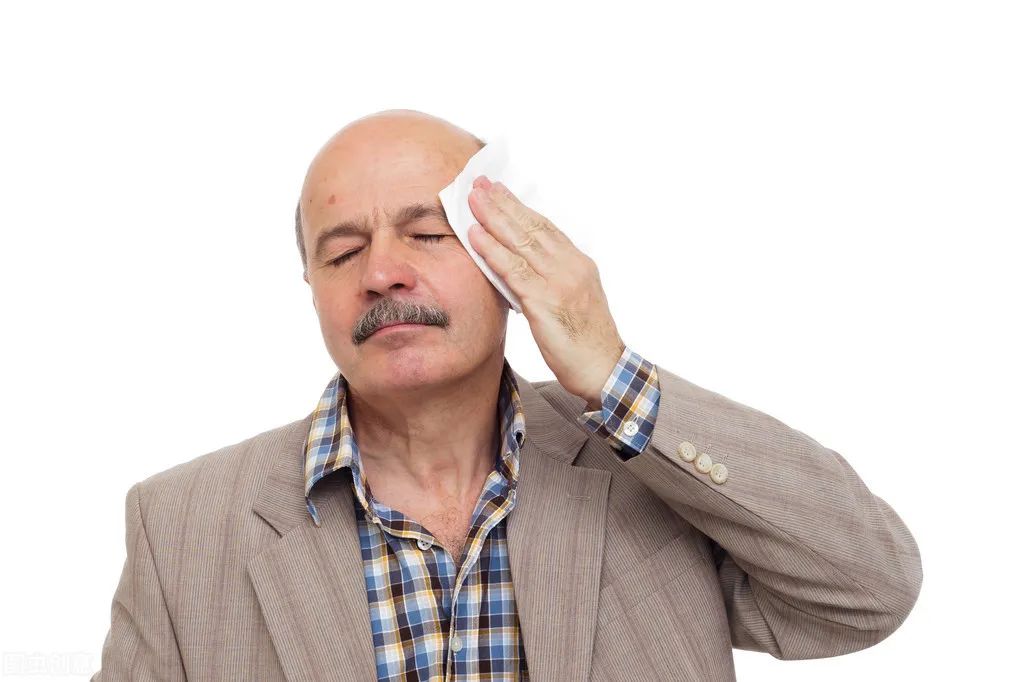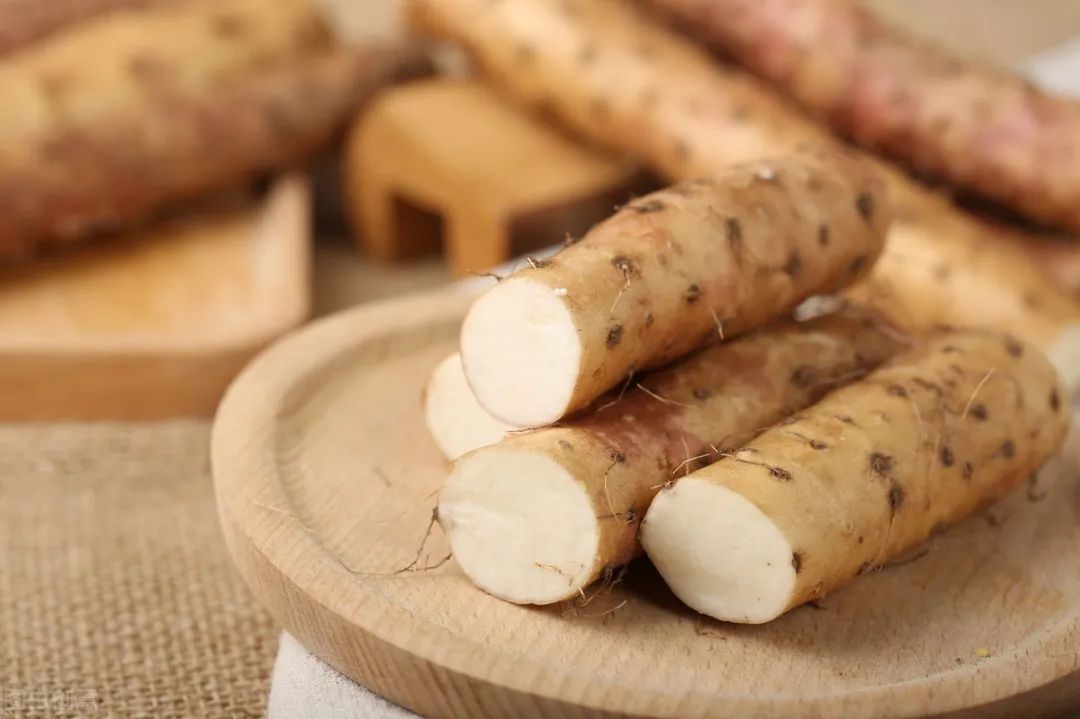We know that the five organs and six bowels are indispensable organs in the human body. For the human body, the function of Qi (气) is like the fire at the bottom of a cooking pot. It is the presence of this Qi that allows the lifeless organs to function, making life truly alive.
Because the lungs have Qi, they can facilitate breathing; because the heart has Qi, it can maintain mental clarity; because the spleen has Qi, it can manage the normal digestion and absorption of food; because the liver has Qi, it can regulate the flow of Qi to ensure smooth circulation; and because the kidneys have Qi, they can oversee the normal metabolism of fluids.
As the saying goes, “A person lives by a breath of Qi“; this indeed holds some truth.
The foundational theory of Traditional Chinese Medicine (TCM) summarizes the functions of Qi into four major aspects: promotion, warming, defense, and containment, highlighting the importance of Qi for the human body.

The Containment Function of Qi
There are many tangible substances in the human body, such as blood, body fluids, and semen. These tangible substances need to have their respective places in the body to perform their normal functions.
Blood needs to circulate within blood vessels, sweat needs to be contained beneath the skin, and semen needs to be contained within the kidneys.
The key to ensuring that these tangible substances occupy their respective places is Qi.
Some individuals sweat easily; even a little movement can lead to profuse sweating, which is a manifestation of Qi deficiency that cannot contain sweat.
With Qi, the body can maintain normal growth and development, metabolism, and keep a warm body temperature to defend against pathogenic factors, thus preserving vital substances like body fluids, blood, and semen from arbitrary loss.
The Relationship Between Qi and Blood
If we carefully observe the tongues of elderly individuals, we often see small purple spots, and the color of their lips tends to be darker, which indicates the presence of blood stasis in the body. This blood stasis is largely related to the weakening of the promoting function of Qi as one ages.
Conversely, if the blood volume is insufficient, Qi will lose its place to reside and will easily dissipate, leading to a state of both Qi and blood deficiency.
In other words, those with Qi deficiency may not necessarily have blood deficiency, but those with blood deficiency often accompany Qi deficiency.

There are distinctions in boosting Qi, including boosting original Qi, spleen Qi, lung Qi, heart Qi, and kidney Qi.
The lungs govern Qi and the Qi of all five organs and six bowels; the middle burner (spleen and stomach) receives food and water, and when the spleen Qi is strong, Qi and blood can be generated, thus Qi deficiency is often related to the lungs and spleen.
So how should we specifically boost Qi?
1. Boosting Original Qi
Dang Shen (Codonopsis), Ren Shen (Ginseng), Huang Qi (Astragalus), Shan Yao (Chinese Yam), Bai Zhu (White Atractylodes)
Patients with severe conditions such as high fever, surgery, childbirth, or long-term antibiotic use have greatly damaged original Qi. In such cases, taking ginseng, whether in tablet form or as ginseng tea, can help the body recover quickly. However, when using ginseng, it is advisable to drink plenty of water to enhance absorption and avoid overheating.
2. Boosting Heart Qi
Xi Yang Shen (American Ginseng), Hong Shen (Red Ginseng)
When working overtime or feeling fatigued, you may initially feel your heart racing, and if it worsens, you may experience palpitations and shortness of breath, which are signs of heart Qi deficiency. In such cases, Xi Yang Shen and Hong Shen are the first choices. Taking these ginseng varieties in advance can help prevent you from entering the heart disease category too early.
3. Boosting Spleen Qi
Bai Zhu (White Atractylodes), Shan Yao (Chinese Yam), Bai Bian Dou (Lima Bean)
Spleen Qi deficiency is characterized by abdominal distension, fatigue, poor appetite, and diarrhea as the main symptoms.
Some people may have normal bowel movements once a day, while others may have three to four loose stools a day, which TCM refers to as diarrhea. Such individuals may also have poor appetites, which we commonly refer to as gastritis. Some may also experience conditions like gastric prolapse, rectal prolapse, or uterine prolapse, all of which are related to spleen Qi deficiency. The herbs Bai Zhu and Shan Yao can enhance spleen Qi, and if the tongue coating is thick, adding Bai Bian Dou can help both boost spleen Qi and eliminate dampness.

4. Boosting Kidney Qi
Gou Qi Zi (Goji Berries), Tu Si Zi (Cuscuta), Wu Wei Zi (Schisandra), Jiu Cai Zi (Chive Seeds)
Kidney Qi deficiency is mainly manifested by a preference for strong flavors; elderly individuals may experience a sudden urge to urinate; low-grade fevers in the late afternoon; adults may lack ambition and be easily satisfied with the status quo; they may unconsciously shake their legs while sitting; cold hands and feet in spring; and night sweats.
5. Boosting Lung Qi
Gan Cao (Licorice)
Lung Qi deficiency is mainly manifested by fatigue, lack of strength when speaking, night sweats, insomnia, palpitations, shortness of breath, gynecological issues, irregular menstruation, and postpartum breast lumps, all of which can benefit from boosting Qi.
Coughing and wheezing are currently the most common symptoms, which undoubtedly harm lung Qi and lead to lung Qi deficiency. Those suffering from cough and wheezing are likely familiar with licorice tablets, which not only help stop coughs but also primarily function to boost lung Qi. Single-flavor licorice is much easier to swallow than decocted herbal soups, and we can brew licorice tea to help stop coughs and wheezing while also boosting lung Qi, which is of utmost importance.
While we have discussed boosting Qi, we must not simply assume that we can take tonics in any situation.
Healthy individuals relying on Qi tonics to strengthen their bodies may disrupt the balance of yin and yang within, which can be detrimental to health.
Therefore, it is only by knowing how to boost Qi correctly that one can achieve a healthy body!

